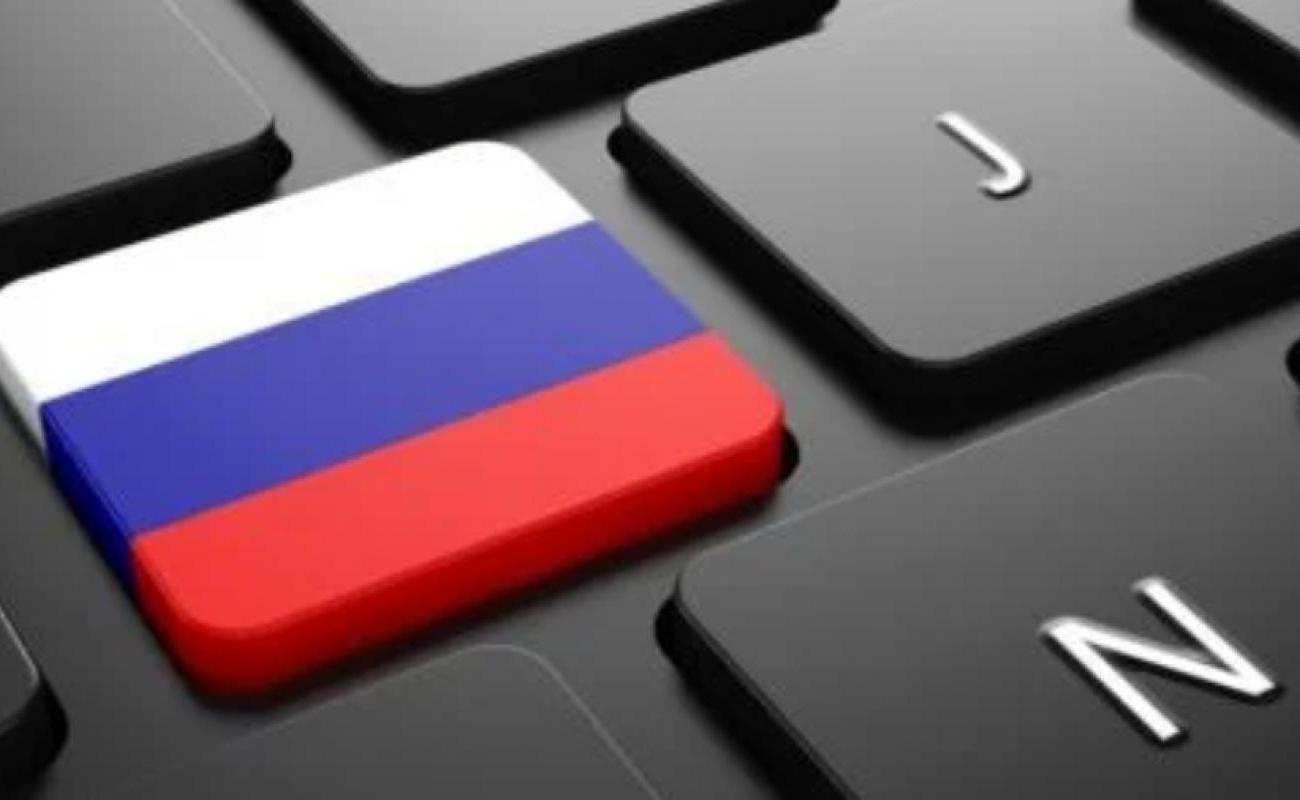Russia: Independent media are the primary targets of Kremlin laws against “foreign agents” and “undesirable organisations”

A third of the victims of Russia’s “foreign agents” law are independent media, which makes them the primary target of this legislation — and highlights their systematic legal persecution. Reporters Without Borders (RSF) has analysed the Ministry of Justice’s blacklists of “foreign agents” and “undesirable organisations” – which are used as tools of censorship – and condemns the stigmatisation of independent media as a fifth column.
Russia’s blacklists keep growing. On 26 July, the Russian edition of the German newspaper Bild was added to the list of nearly 300 media outlets designated as “foreign agents” by the Russian authorities. On 10 July, the well-known daily The Moscow Times was added to another list of nearly 20 media outlets designated as “undesirable organisations.”
These lists are the fruit of oppressive legislation that deviate from the rule of law. The laws against “foreign agents” and “undesirable organisations” aim to silence dissenting voices and destroy independent Russian media. The Duma, an elected legislative body, keeps strengthening this legislative weapon and, on 23 July, an amendment was passed after its first reading expanding the scope of the “undesirable organisations” law.
The number of media and media actors labelled as “foreign agents” or “undesirable organisations” has tripled since Russia’s full-scale invasion of Ukraine in February 2022, according to RSF’s analysis of data collected by the Russian NGO OVD-Info.
“More than a third of the designated ‘foreign agents’ are involved in media-related activities. Through this law and the law on ‘undesirable organisations,’ which imply acts of treason, the Russian authorities stigmatise journalists as a ‘fifth column.’ We condemn these laws as tools for systematic media censorship used by the Kremlin to deprive the population of access to reliable news and information.
Jeanne Cavelier
Head of RSF’s Eastern Europe and Central Asia desk
Of the 810 actors currently listed as “foreign agents”[1] or “‘undesirable organisations”’ by the Russian justice ministry, 292 are in the “media” category. Media actors therefore constitute a third of all “foreign agents.” This is three times more than the second-most targeted sector, “political entities.”
“Foreign agent”: a disparaging label with unclear definitions
The stigmatising designation of “foreign agent” can be assigned to any individual, legal entity or unregistered association of citizens who participate in any foreign political — or “other” — activity, receive foreign support, or “fall under foreign influence in other ways.” This vague definition contrasts sharply with the legislation on foreign influences in countries governed by a clear rule of law, where the criteria are well defined and transparent. The European Court of Human Rights condemned the ambiguity of this Russian law and the subsequent arbitrary nature of its application in a ruling issued on 18 June.
Any person or organisation placed on this list must label every piece of content (text, audio or video) they publish with the words “foreign agent” in a font that is twice the size of the rest of the content. They must also declare their income and expenses to the Ministry of Justice. The designated individuals and media outlets are closely monitored and controlled, and increasingly ostracised. Since the start of 2024, Russian state propaganda outlets and pro-government media have avoided speaking or writing the names of these blacklisted entities altogether, whereas they previously published these names along with their status.
21 media designated as “undesirable outlets”
The first media outlet to be declared “undesirable” in Russia three years ago, on 15 July 2021, was the investigative website Proekt. It was forced to cease its operations in Russia so that its employees would not be subjected to criminal prosecution. Since Proekt, 20 other media outlets have been designated as an “undesirable organisation.”
Media outlets specialising in investigative reporting are the Kremlin’s favourite targets. Three have been placed on the lists of both “undesirable organisations” and “foreign agents”: The Insider (an opposition media outlet); Bellingcat, a network of researchers, investigators and journalists; and Istories, an online media outlet./RSF/
